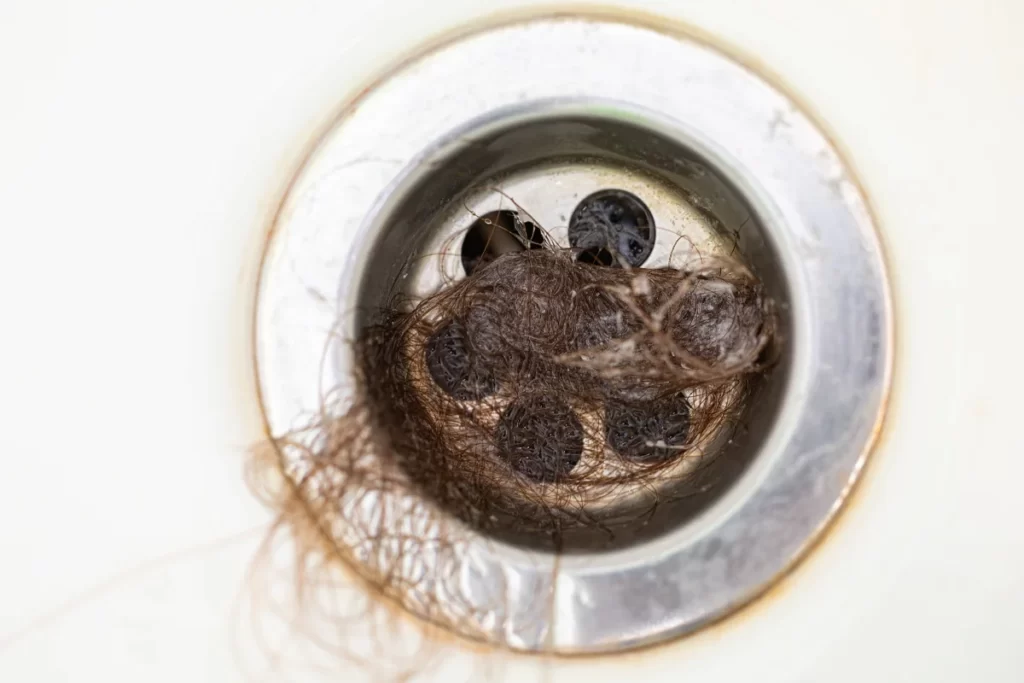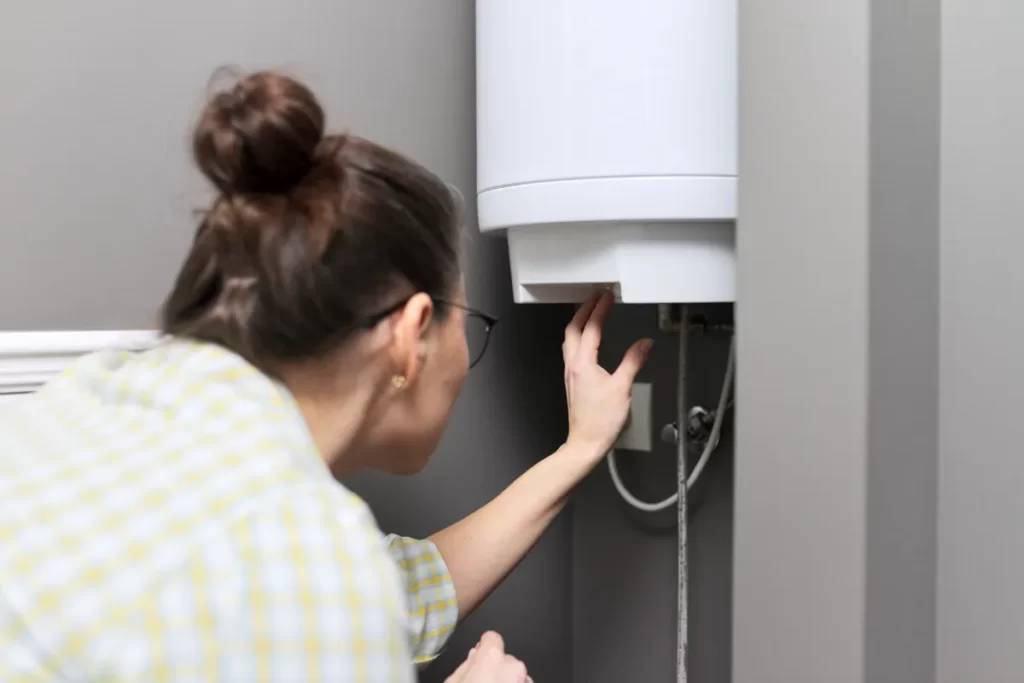Welcome to the world of water heater setup in assisted living facilities, where the comfort and safety of residents are paramount.
As an expert in the field, we understand the challenges and responsibilities that come with this vital aspect of facility management.
The Importance of Proper Water Heater Setup
Water Heater Setup in Assisted Living Facilities
Water heater setup in assisted living facilities is more than just installing a device to provide hot water; it’s about ensuring the well-being of residents. Let’s explore the key components and considerations:
1. Selecting the Right Water Heater
Choosing the appropriate water heater is the first crucial step. Opt for energy-efficient models to reduce utility costs while maintaining a consistent supply of hot water for residents’ needs.
2. Compliance with Regulations
Meeting regulatory standards is non-negotiable. Assisted living facilities must adhere to state and federal guidelines regarding water heaters to guarantee resident safety.
3. Regular Maintenance
Regular maintenance is essential to prevent breakdowns and ensure hot water is consistently available. Implement a maintenance schedule and train staff accordingly.
4. Energy Efficiency
Efficiency is not only environmentally friendly but also cost-effective. Invest in water heaters with high energy efficiency ratings to reduce operational expenses.
LSI Keywords for Water Heater Setup
Water Heater Installation: A Step-by-Step Guide
The installation process is a critical aspect of water heater setup in assisted living facilities. Here’s a step-by-step guide to ensure a seamless installation:
Pre-Installation Assessment
Before installation begins, conduct a thorough assessment of the facility’s hot water needs. Consider factors like the number of residents, peak usage times, and existing infrastructure.
Sizing the Water Heater
Choose the appropriate water heater size based on the assessment. Undersized heaters lead to insufficient hot water, while oversized ones waste energy.
Proper Ventilation
Ensure proper ventilation to avoid carbon monoxide buildup. Follow manufacturer guidelines for venting installations.
Insulation and Safety Measures
Insulate hot water pipes to minimize heat loss and prevent scalding accidents. Additionally, install temperature control devices to maintain safe water temperatures.
Common FAQs About Water Heater Setup
How often should water heaters be inspected in assisted living facilities?
Regular inspections are recommended at least once a year, but more frequent checks may be necessary in facilities with older water heaters or high usage.
What is the ideal temperature setting for water heaters in assisted living facilities?
The ideal temperature setting is typically around 120°F (49°C) to prevent scalding while ensuring hot water availability.
Can assisted living facilities switch to tankless water heaters for improved efficiency?
Yes, tankless water heaters are a viable option for enhanced efficiency and reduced energy consumption. However, their installation requires careful planning and may involve higher initial costs.
Are there any tax incentives for using energy-efficient water heaters in assisted living facilities?
Some jurisdictions offer tax incentives or rebates for upgrading to energy-efficient water heaters. Check with local authorities for available programs.
What safety measures should be in place to prevent water heater-related accidents?
Safety measures include regular maintenance, temperature monitoring, and installing safety valves to prevent pressure buildup.
How can assisted living facilities reduce energy consumption related to water heaters?
To reduce energy consumption, consider using a timer for hot water circulation, insulating hot water pipes, and installing solar water heaters where feasible.



